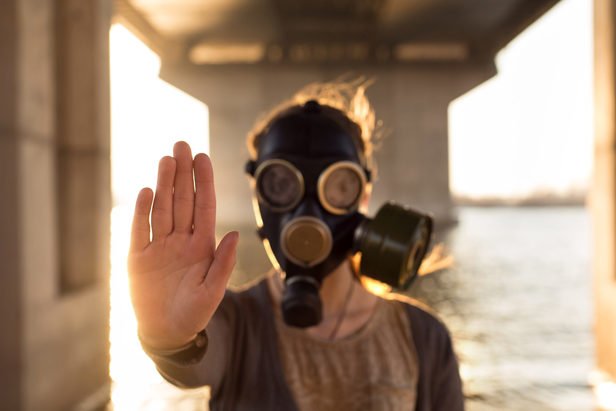Dealing with toxic people can be challenging, but there are several strategies that may be helpful:
Set boundaries: Clearly communicate what behavior is and isn't acceptable to you, and stick to those boundaries.
Limit exposure: Limit the amount of time you spend with the toxic person, and avoid being alone with them.
Speak up: Communicate directly and assertively with the toxic person about their behavior and its impact on you.
Seek support: Talk to a therapist, counselor, or trusted friend or family member about your experience with the toxic person.
Practice self-care: Take care of yourself emotionally and physically, and make sure you have a support system in place to help you cope.
Take a break: If the toxic person is in your close family or a co-worker, you may not be able to avoid them completely. In such cases, take a break, take some time off work or distance yourself emotionally from the person.
Remember, it's important to prioritize your own well-being and safety, and to not blame yourself for someone else's toxic behavior.
Toxic people can have a negative impact on one's mental and emotional well-being. They may engage in manipulative or abusive behavior, create a hostile work or living environment, and contribute to feelings of anxiety and depression.
They can also damage one's self-esteem, self-worth, and sense of self. It is important to limit one's exposure to toxic people and to seek help if one feels that they are being negatively impacted by someone's behavior.
